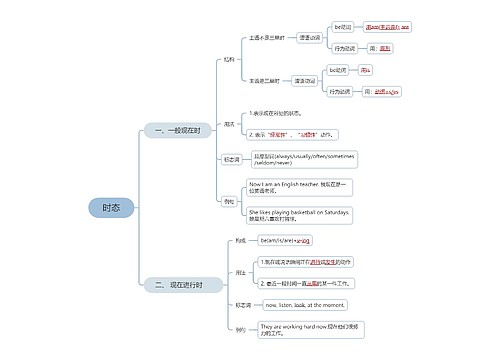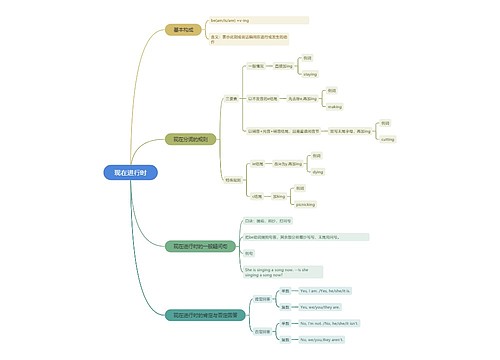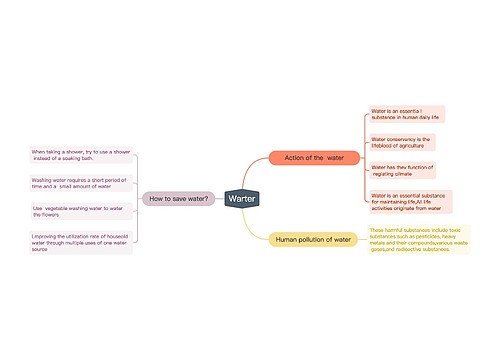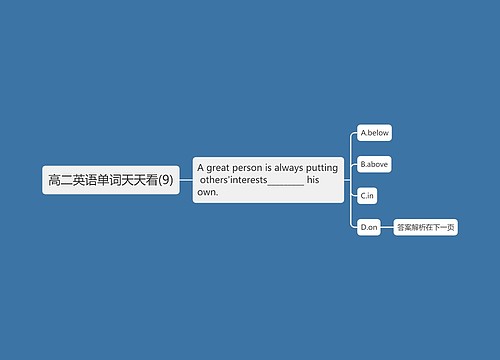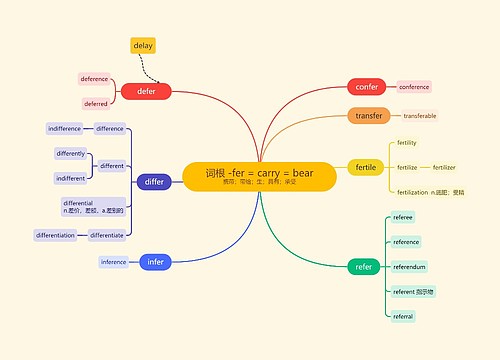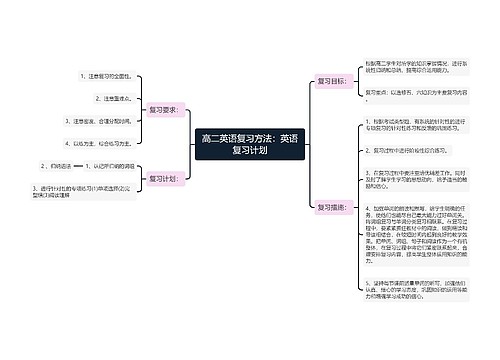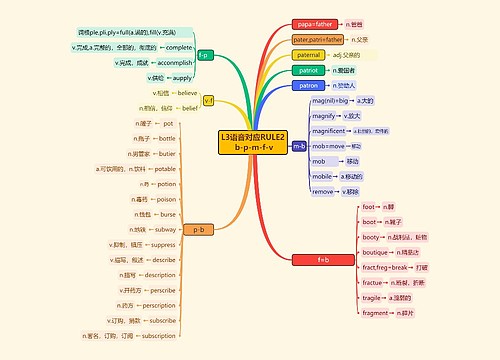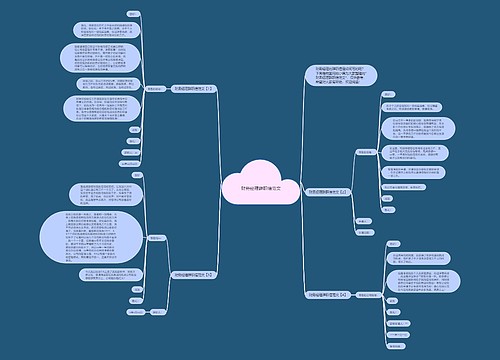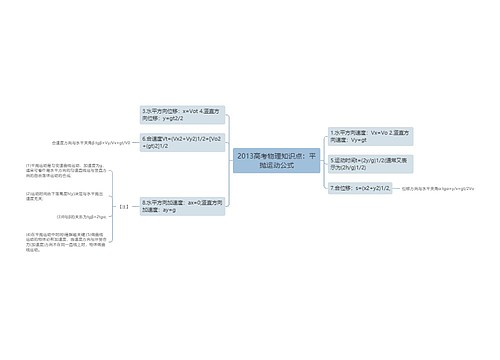[VERB] + s/es in third person
· You do not speak English.
Use the Simple Present to express the i-dea that an action is repeated or usual. The action can be a habit, a hobby, a daily event, a scheduled event or something that often happ-ens. It can also be something a person often forgets or usually does not do.
· She does not play tennis.
· The train leaves every morning at 8 AM.
· The train does not leave at 9 AM.
· When does the train usually leave?
· She always forgets her purse.
· He never forgets his wallet.
· Every twelve months, the Earth circles the Sun.
· Does the Sun circle the Earth?
USE 2 Facts or Generalizations
The Simple Present can also indicate the speaker believes that a fact was true before, is t-rue now, and will be true in the future. It is not important if the speaker is correct about the fact. It is also used to make generalizations about people or things.



